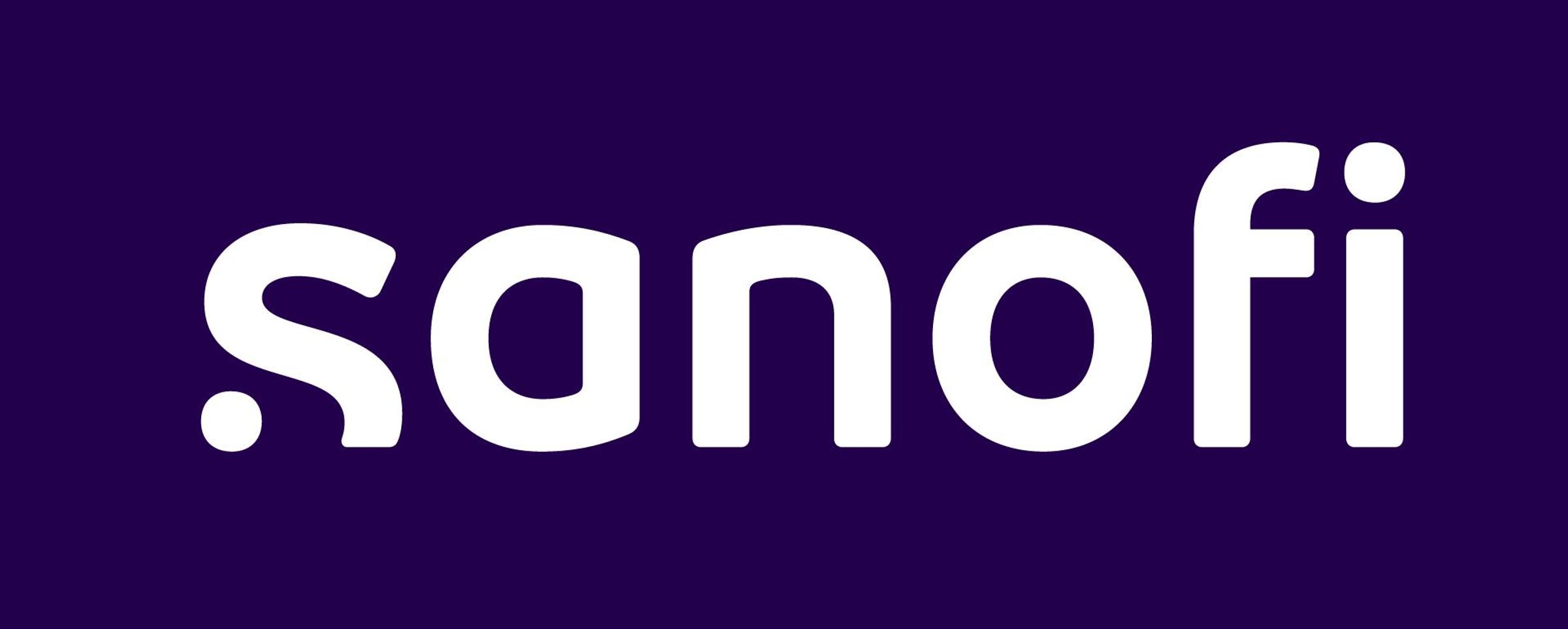Fresh Thinking About Preventive Care

By Dr. Corey Robertson, Senior Director, Scientific and Medical Affairs
In his latest piece, Dr. Corey Robertson, Senior Director of Scientific and Medical Affairs, reflects on social determinants of health and how we can promote wellness through prevention and education.
The indicators of public health are not just found in scientific reports full of data tables and observations. They are also on full display in our communities, whether it be the availability of quality housing, good schools, well-stocked grocery stores, community-minded libraries, or nicely maintained parks.
When I was in clinical practice early in my career in Bronx, NY it was apparent that many of my patients had limited access to healthy foods and community spaces for physical activity. My patients also had limited access to other opportunities and services, such as mobile vaccination clinics, that could have provided preventive care and support. It was this experience that reinforced to me that as much as we need to help patients in the office or clinic, we also need to support the communities—where our patients work, live and play—with strategies that help to enable a healthier quality of life from the start.
Unfortunately, for some people, by the time they present to the health care system, they can be so far along the path of one or more diseases or conditions that there is only so much doctors can do to help restore their well-being. Once it is compromised, it is very difficult to return people to their prior level of health, and this reality will go on to affect them throughout their lives. These cases are influenced in some degree by the social determinants of health that, according to the Centers for Disease Control (CDC), range from “healthcare access and quality” to the “neighborhood and built environment”.
While our society works to find effective solutions to these challenges caused by disparities in the social determinants of health, it is critical that currently available solutions be used. Vaccination, for example, is a readily available intervention that can help save lives and help protect health today. That’s why I am so passionate about immunization. Vaccines are widely available, and through programs like the CDC’s highly successful Vaccines for Children program, families can get their kids vaccinated whether or not they have insurance. Even non-healthcare companies are helping get vaccines to the people who need them. Not only are expert health care institutions and organizations supporting vaccination, but even businesses not traditionally associated with health care such as ride-sharing companies are providing millions of rides to and from vaccination sites for low-income, uninsured, and at-risk communities.
Knowledge is power, and the "power" of education is an incredibly important force in the fight to improve health. Because of this, we at Sanofi are committed to partnering with organizations that share our desire for a world where no one suffers or dies from a vaccine-preventable disease. These invaluable partners help generate awareness about the importance of vaccination for both individual and public health. This was the focus of a recent panel event for The 16 Vaccine, an educational initiative done in partnership with the National Meningitis Association that helps educate parents about the importance of vaccination against meningococcal disease. The CDC recommends a first dose of the MenACWY vaccine against the disease, at 11-12 years old and a second dose at 16 years old. Despite these recommendations, a staggering 50% of U.S. teens miss this crucial second dose, leaving teens unprotected when they are most at risk.
We teamed up with the 33rd District Parent Teacher Association in Los Angeles on a panel discussion to help educate parents about this crucial second dose and encourage them to speak with their doctors to ensure that their teens are caught up on all adolescent immunizations.
I appreciate educational initiatives like these because they combine immunization awareness with education. When parents learn how to advocate for their children, they model for their kids the importance of personal responsibility, making the most of health resources, and being an active participant in community health. Those are essential lessons for teens who are approaching independence. Like vaccination itself, education around health can help prepare adolescents for the future they face and can even help counter some of the deficits they otherwise experience due to differences in the aforementioned social determinants of health.
Today, our society, including the medical world, is paying closer attention to the social determinants of health. For instance, our premier public health agency, the CDC is taking steps to confront the impact racism has on these determinants. In addition, corporate and political leaders are speaking out about disparities and bias. These are all positive signs that a health care system that is more equitable can be achieved and that we can create supportive communities that help all people begin with the opportunity to achieve a long and healthy life, but we have a long way to go.